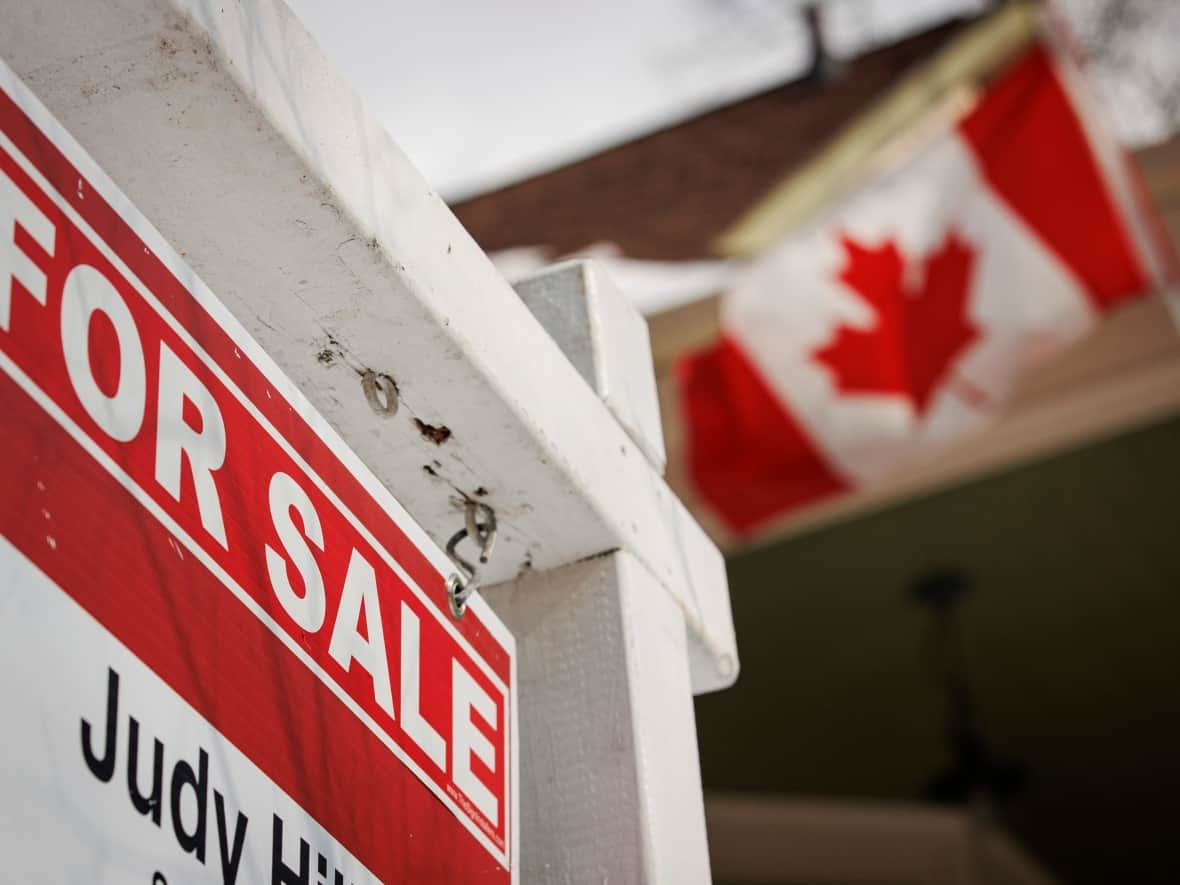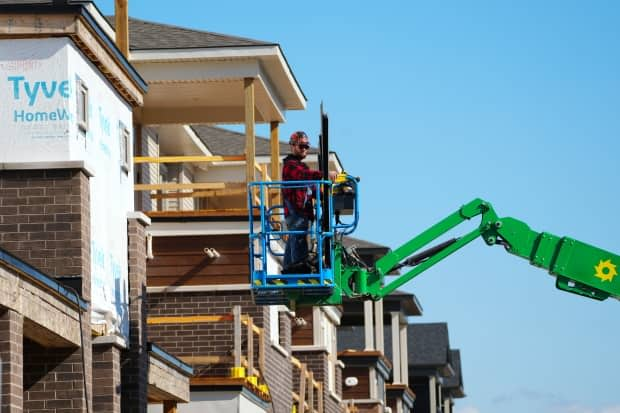Canada's ban on foreign property buyers won't apply to many workers, international students

Days before non-residents are banned from buying homes in Canada, the federal government has announced a number of exemptions, including for many foreign workers and international students who plan to live in Canada long-term.
From Jan. 1, non-Canadians will be prohibited from buying residential property for two years. The federal government announced the ban as part of its April budget, saying the measure would help improve housing affordability for Canadians.
But details about who the ban would cover, and who would be exempt, were only released Wednesday — giving prospective buyers and realtors just 11 days to wrap up any purchases that could be prohibited in the new year.
Exemptions from the ban include:
Canadian citizens and permanent residents.
International students who meet certain requirements, including having spent the bulk of the previous five years in Canada. They would be able to purchase a property for no more than $500,000.
Workers who have worked and filed tax returns in Canada for at least three out of the four years prior to purchasing a property.
Diplomats, consular staff and members of international organizations living in Canada.
Foreign nationals with temporary resident status, including people fleeing conflict, and refugees.
Buildings containing more than three dwelling units, and recreational property — such as cottages, cabins and other vacation homes — will also be exempt.
Non-Canadian entities, such as corporations, and foreign-controlled Canadian entities, will be banned from buying property.
Helping 'transition' to permanent residency
The Canada Mortgage and Housing Corporation (CMHC) said foreign workers and international students who had lived in Canada for extended periods of time and were "demonstrably working toward permanent residency" would be allowed to purchase homes, as they might otherwise face "a more difficult or prolonged transition to Canada" with fewer housing options.
It would be up to those individuals to prove they meet the requirements around the length of time spent in Canada, the agency said in a regulatory impact analysis statement accompanying the new rules.
Non-residents who buy property in breach of the ban, and anyone who knowingly helps them do so, can be convicted and fined up to $10,000, and courts will have the power to order that the property be sold.
The agency did not immediately respond to a request for the number of individuals who would be exempt from the ban.
Mixed views on ban
Non-residents make up less than four per cent of residential property owners in most parts of the country, including Ontario and British Columbia, according to data from the Canadian Housing Statistics Program.
It is unclear what impact the ban might have on Canada's housing market.
CBC News repeatedly asked the federal government whether it had conducted any modelling on the ban's potential impact on house prices. In response, CMHC indicated the government had not carried out any such analysis.
The CMHC had received about 200 submissions on the ban from individuals and industry groups, including real estate and legal professionals.
While some called for an "unmitigated prohibition" on non-Canadians buying residential property, others had urged a more targeted ban to avoid unintended consequences on the economy and labour market, CMHC said.

In a statement to CBC News, the Canadian Real Estate Association (CREA) said it is concerned realtors could face extra costs while trying to assess a buyer's eligibility or determine whether a property is classified as residential or recreational.
As a result, realtors are likely to require additional documentation from all prospective buyers, in order to avoid contravening the ban, CREA said.


